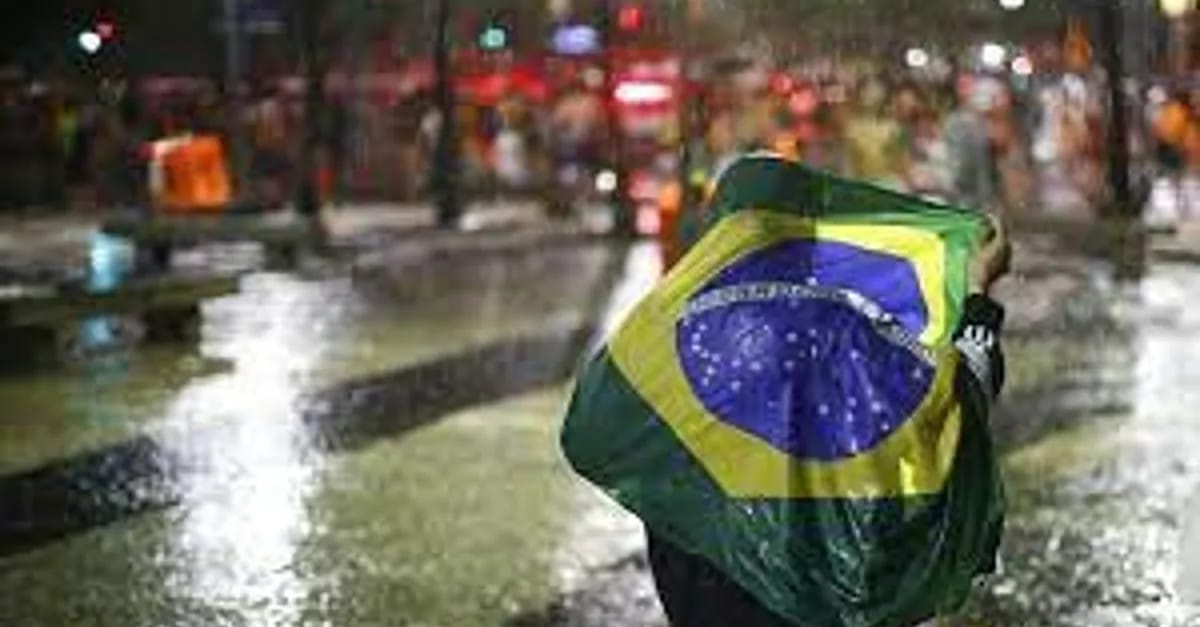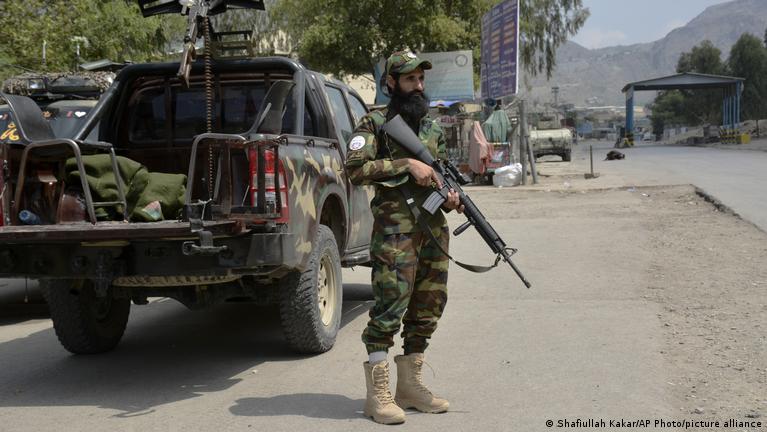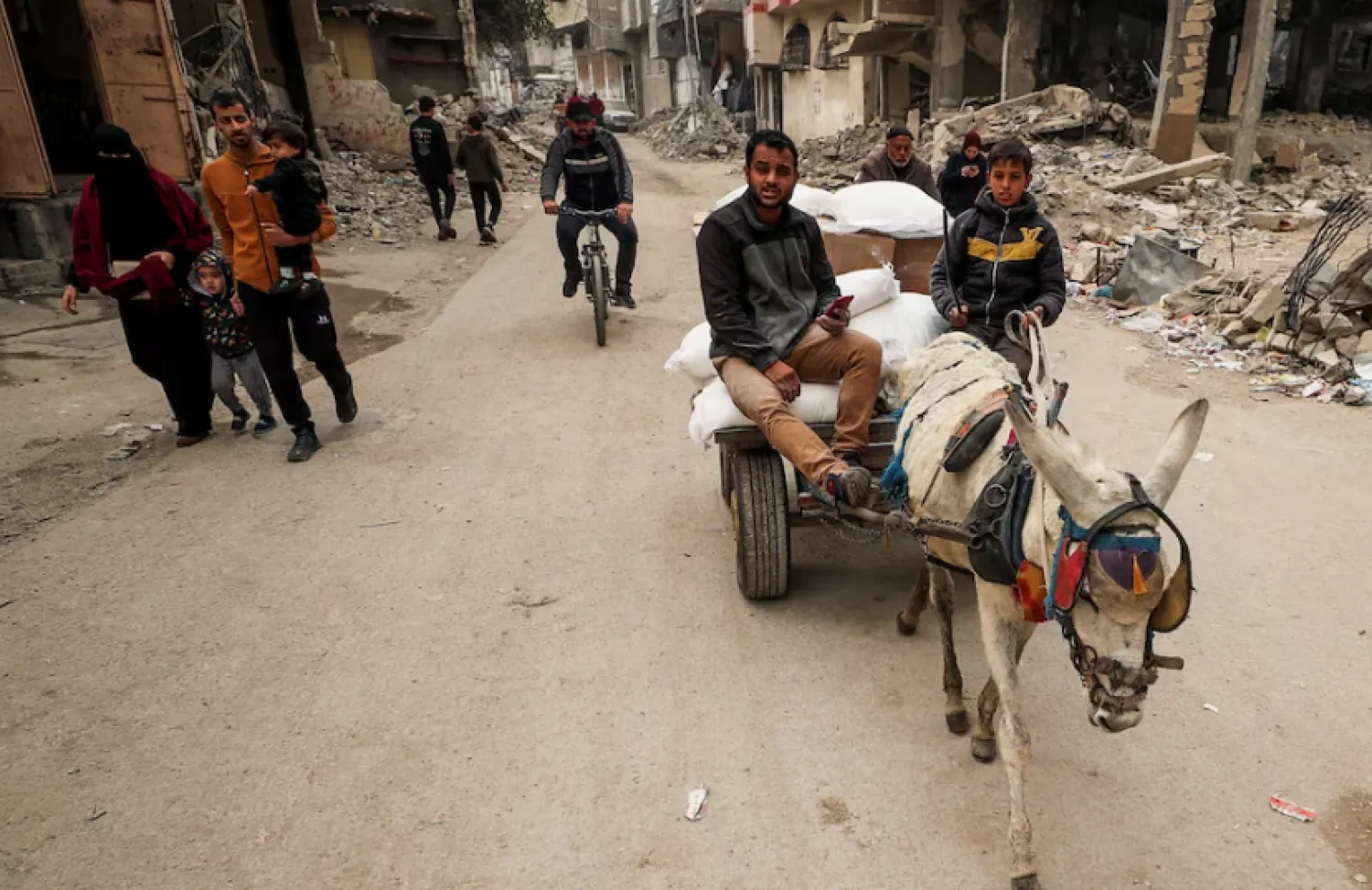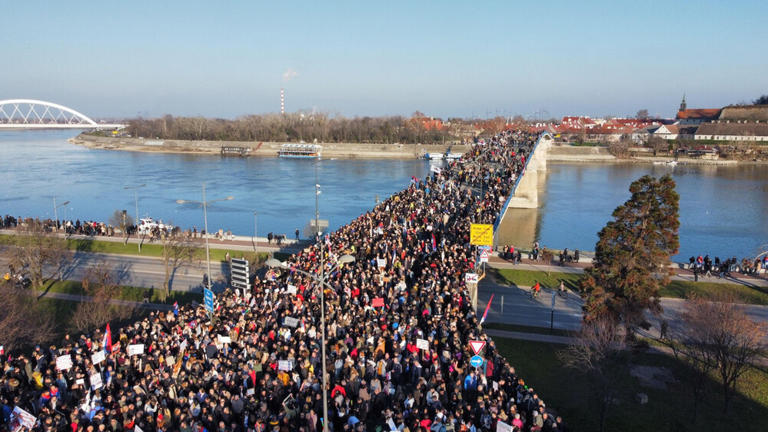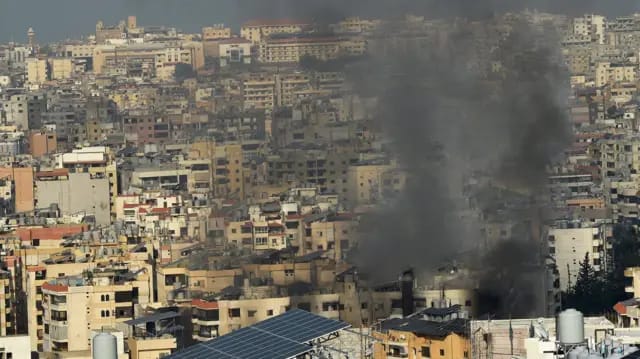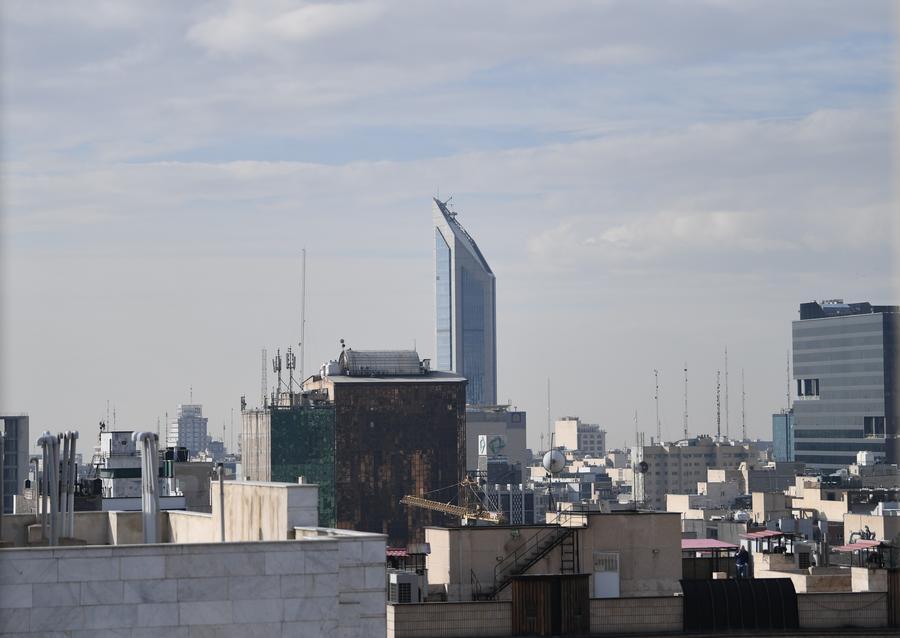Alsharq Tribune- Reuters
With fighting in Gaza paused, Palestinians are appealing for billions of dollars in emergency aid - from heavy machinery to clear rubble to tents and caravans to house people made homeless by Israeli bombardment.
One official from the Palestinian Authority estimated immediate funding needs of $6.5 billion for temporary housing for Gaza's more than two million people, even before the huge task of long-term reconstruction begins.
US special Middle East envoy Steve Witkoff estimated last week that rebuilding could take 10-15 years. But before that, Gazans will have to live somewhere, Reuters reported.
.Hamas, the militant Palestinian group that has moved quickly to reassert control of Gaza after a temporary ceasefire began last month, says Gaza has immediate needs for 200,000 tents and 60,000 caravans.
In the Egyptian city of El-Arish, not far from the Rafah crossing with Gaza, about 1,000 trucks carrying aid, including food, medical supplies, caravans and tents, lined up awaiting entry to Gaza.
"We have trucks carrying aid and tents. We came from Jordan and we were supposed to go straight to the Rafah crossing to provide this aid to the Palestinian side and the Gaza Strip," said truck driver Rami El-Edwan.
Edwan said he and his fellow truck drivers could not figure out the delay's cause, having had conflicting explanations from the various parties operating the crossing and delivering aid.
In addition, it says there is urgent need for heavy digging equipment to begin clearing millions of tonnes of rubble left by the war, both to clear ground for housing and to recover more than 10,000 bodies estimated to be buried there.
Two Egyptian sources said heavy machinery was waiting at the border crossing and was due to be sent into Gaza from Tuesday
World Food Program official Antoine Renard said Gaza's food imports had surged since the ceasefire and were already at two or three times monthly levels before the truce began.
But he said there were still impediments to importing medical and shelter equipment which would be vital to sustain the population but which Israel considers to have potential "dual use" – civilian or military.
"This is a reminder to you that many of the items that are dual use need also to enter into Gaza like medical and also tents," he told reporters in Geneva.
More than half a million people who fled northern Gaza have returned home, many with nothing more than what they could carry with them on foot. They were confronted by an unrecognizable wasteland of rubble where their houses once stood.
"I came back to Gaza City to find my house in ruins, with no place else to stay, no tents, no caravans, and not even a place we can rent as most of the city was destroyed," said Gaza businessman, Imad Turk, whose house and wood factory in Gaza City were destroyed by Israeli airstrikes during the war.
"We don't know when the reconstruction will begin, we don't know if the truce will hold, we don't want to be forgotten by the world," Turk told Reuters via a chat app.

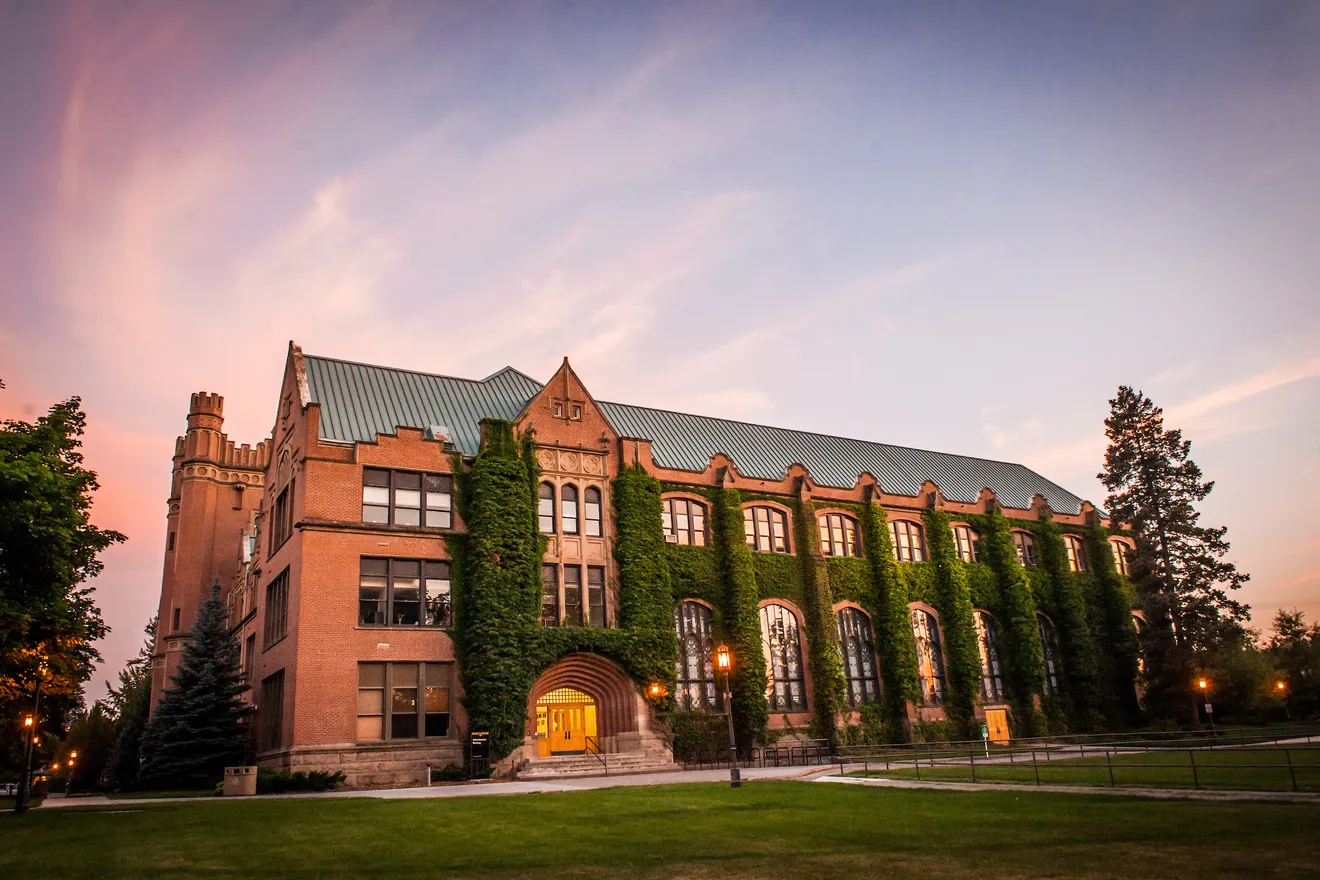






.png?locale=en)

